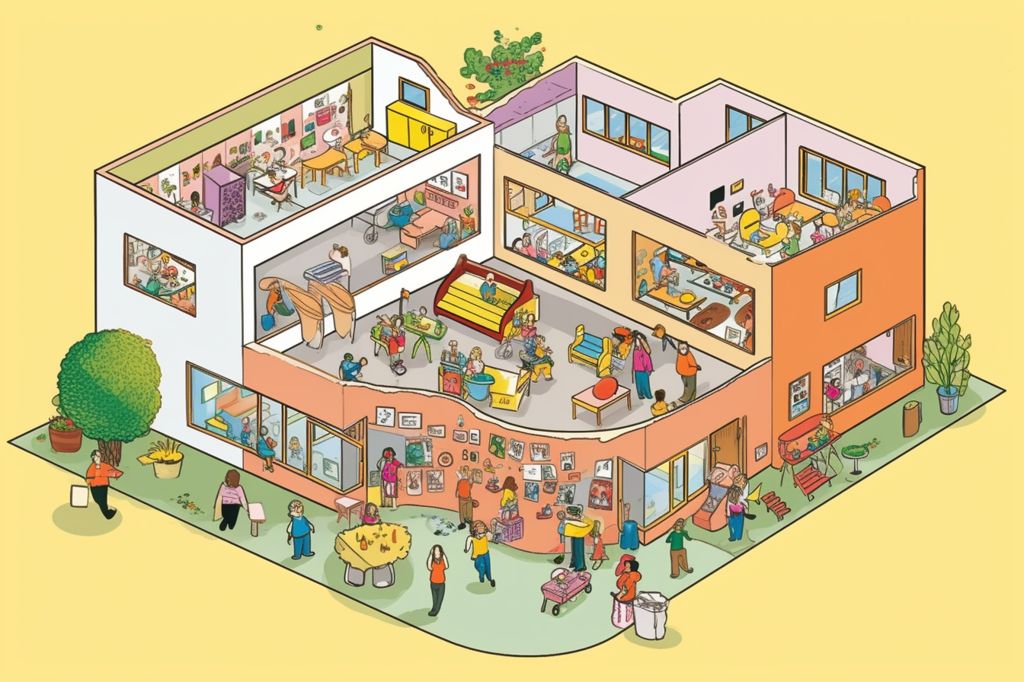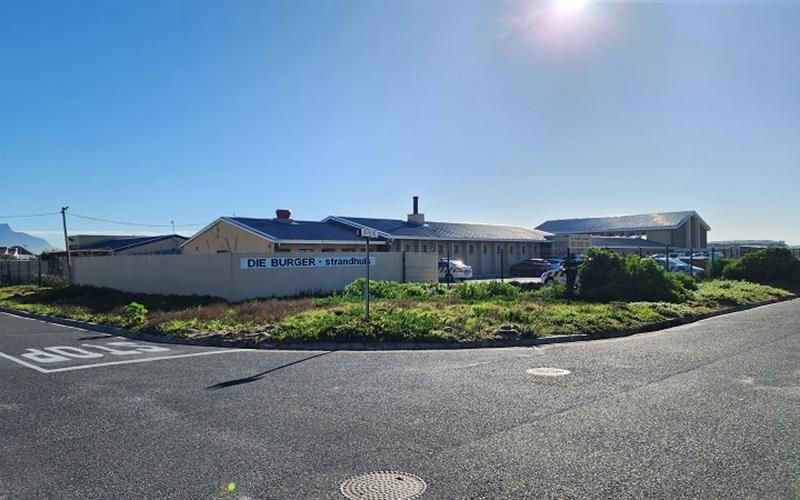Deputy Minister Hendrietta Bogopane-Zulu recently highlighted the Department of Social Development’s role beyond the South African Social Security Agency (SASSA) grants during her National Council of Provinces (NCOP) Social Development budget vote debate. The department has accomplished various initiatives across different sectors in the past five years.
Community Care Centers for Orphans and Vulnerable Children
One of the department’s achievements is the construction of 15 Community Care Centres (CCCs) in partnership with the Development Bank of Germany (KfW). These centers provide support, services, and skills development to orphans and vulnerable children, including child-headed households and youth. Two more centers are expected to be completed by the end of the year.
CCCs also serve as points of access for government services, including those offered by the Departments of Social Development, Home Affairs, Health, and public entities such as SASSA and NDA, among others. These initiatives aim to enhance the quality of services for orphans and vulnerable children within their communities and complement existing child protection interventions and services.
Social Behavior Change Compendium for HIV, TB, and STIs
In response to the National Strategic Plan (2017-2022), the DSD has rolled out a Social Behavior Change (SBC) Compendium. This program has been launched in all nine provinces, reaching over 300,000 beneficiaries. The aim of the program is to address the social and structural drivers of HIV, TB, and STIs.
Victim Empowerment Programme
The DSD is the lead department in the Victim Empowerment Programme, responsible for coordinating the implementation of the Inter-sectoral Programme of Action to address violence against women and children. The program establishes victim empowerment centers and shelters for abused women as critical service points for victims of gender-based violence. These centers offer services such as trauma debriefing, counseling, and legal guidance.
Renovation of Shelters and the Responsiveness of Men’s Movement
In partnership with Distell, the DSD has renovated shelters and refurbished them with the help of the Vodacom SA Foundation. Deputy Minister Bogopane-Zulu urged parliamentarians to take part in institutionalizing a responsive Men’s Movement to reduce the need for such shelters.
National Drug Master Plan and Harm Reduction Centers
The DSD is the custodian of the country’s National Drug Master Plan 2019-2024, which serves as the nation’s blueprint to address substance abuse. One of the interventions to combat bloodborne diseases among people who inject drugs is the needle exchange program. However, the Deputy Minister cautioned that this should not be seen as an encouragement for drug abuse, as addiction is a medical condition that requires understanding and the eradication of stigma.
The department aims to establish more community-based harm reduction centers through partnerships with the Global Fund and the South African Network for People Who Use Drugs (SANPUD).
Foetal Alcohol Syndrome Disorder (FASD)
Deputy Minister Bogopane-Zulu also addressed the issue of children born with Foetal Alcohol Syndrome Disorder (FASD), urging women to stop drinking during pregnancy, as FASD is 100% preventable. She added that programs designed to prevent underage drinking need to be redesigned, as children are often introduced to alcohol by their parents at home.
Waste Recycling Centers for Employment Opportunities
To address unemployment and its associated challenges, particularly in rural areas, the DSD has been piloting community recycling centers under the banner of #WasteIsCurrency and #FoodForWaste. This initiative is inspired by President Ramaphosa’s Good Green Deeds campaign, which aims to encourage South Africans from all walks of life to participate in protecting and preserving their environment. Deputy Minister Bogopane-Zulu believes this will provide employment and income opportunities for local women and youth, encouraging their participation in the waste economy and promoting a cleaner, healthier, and sustainable environment.












